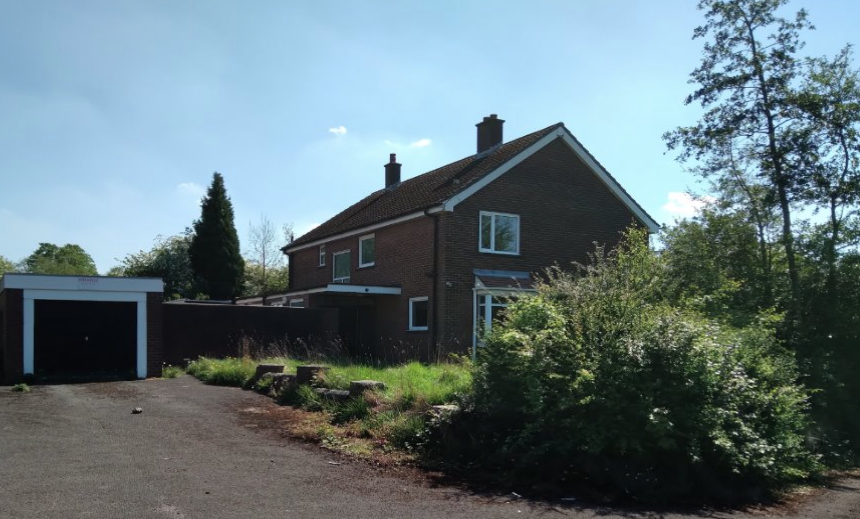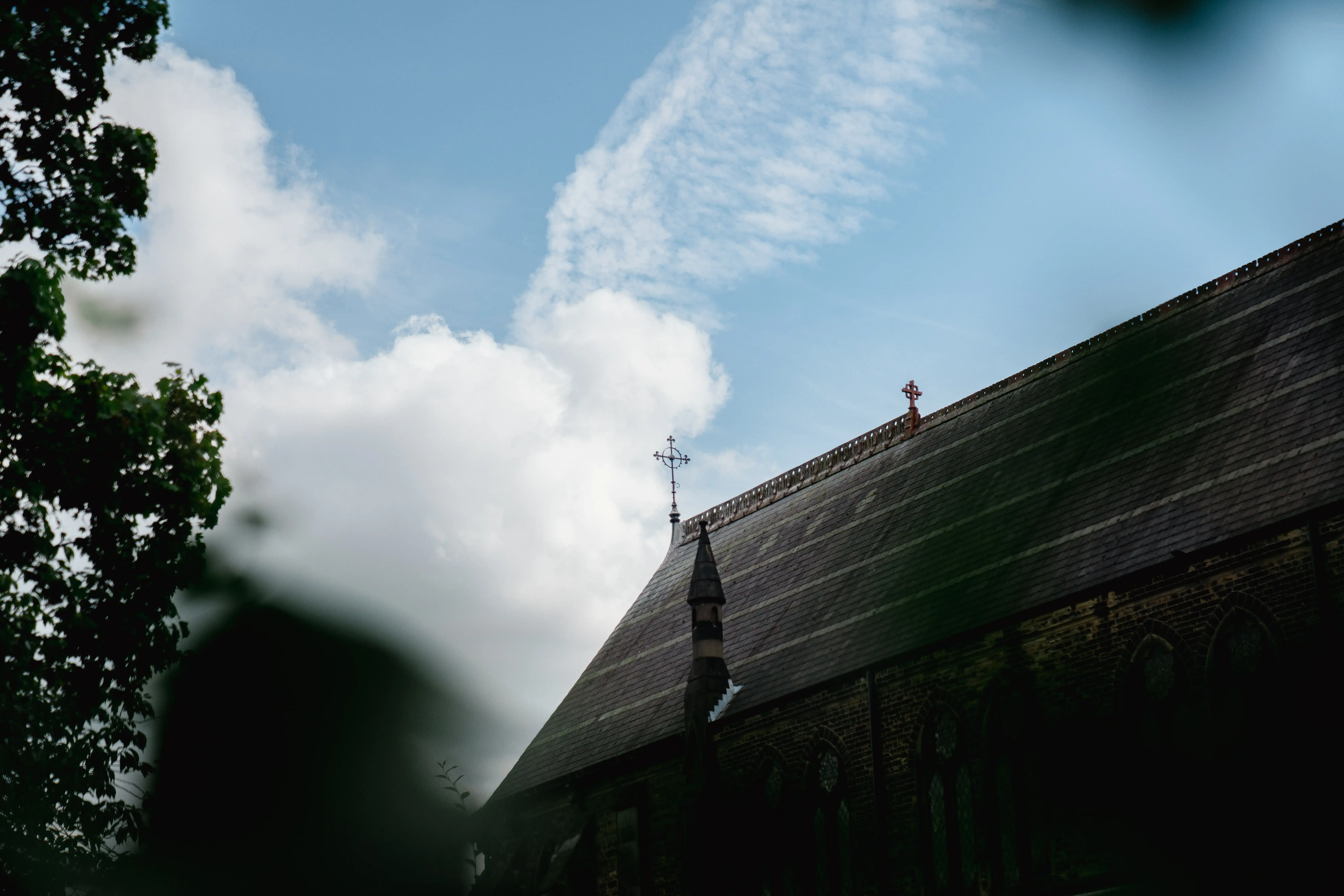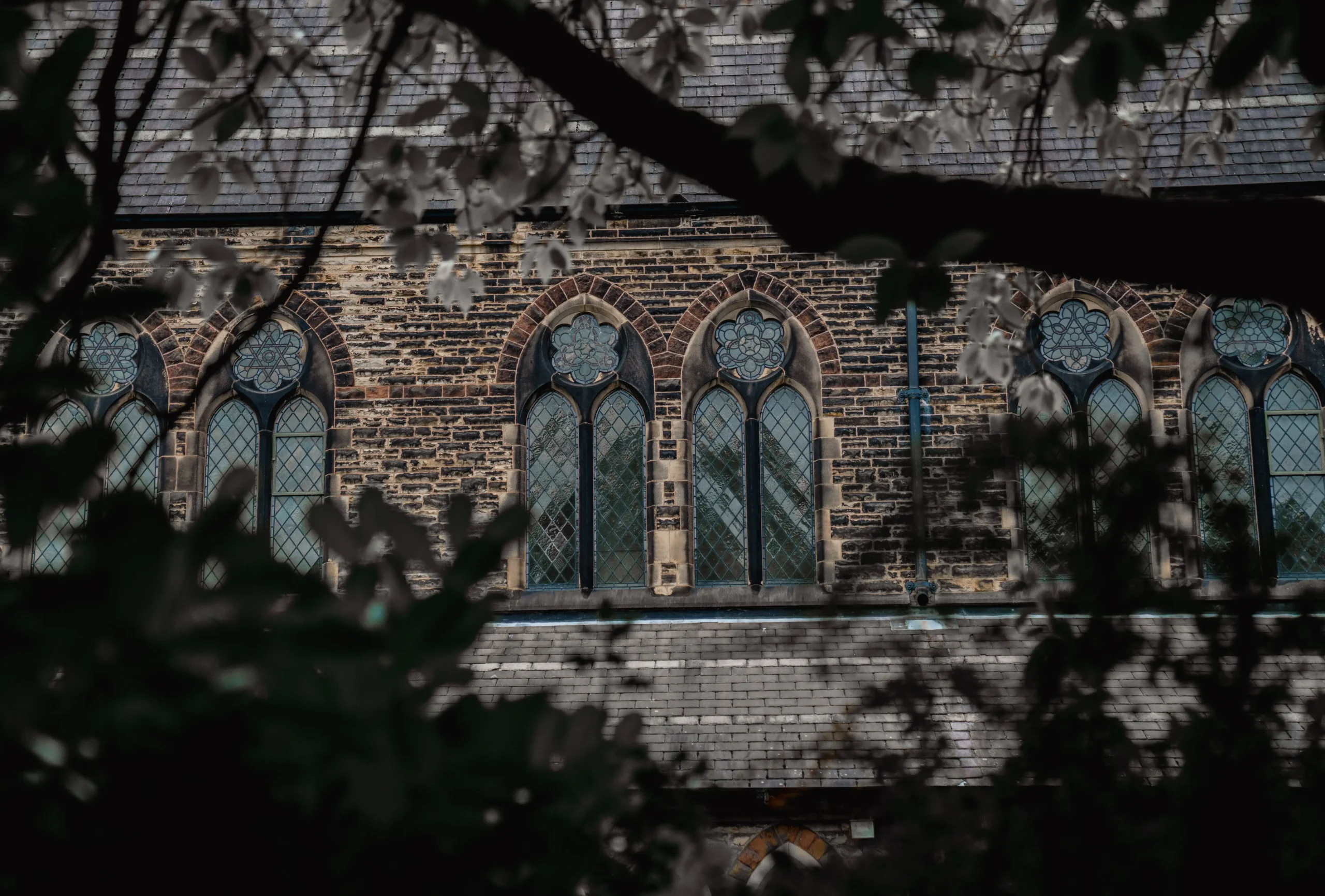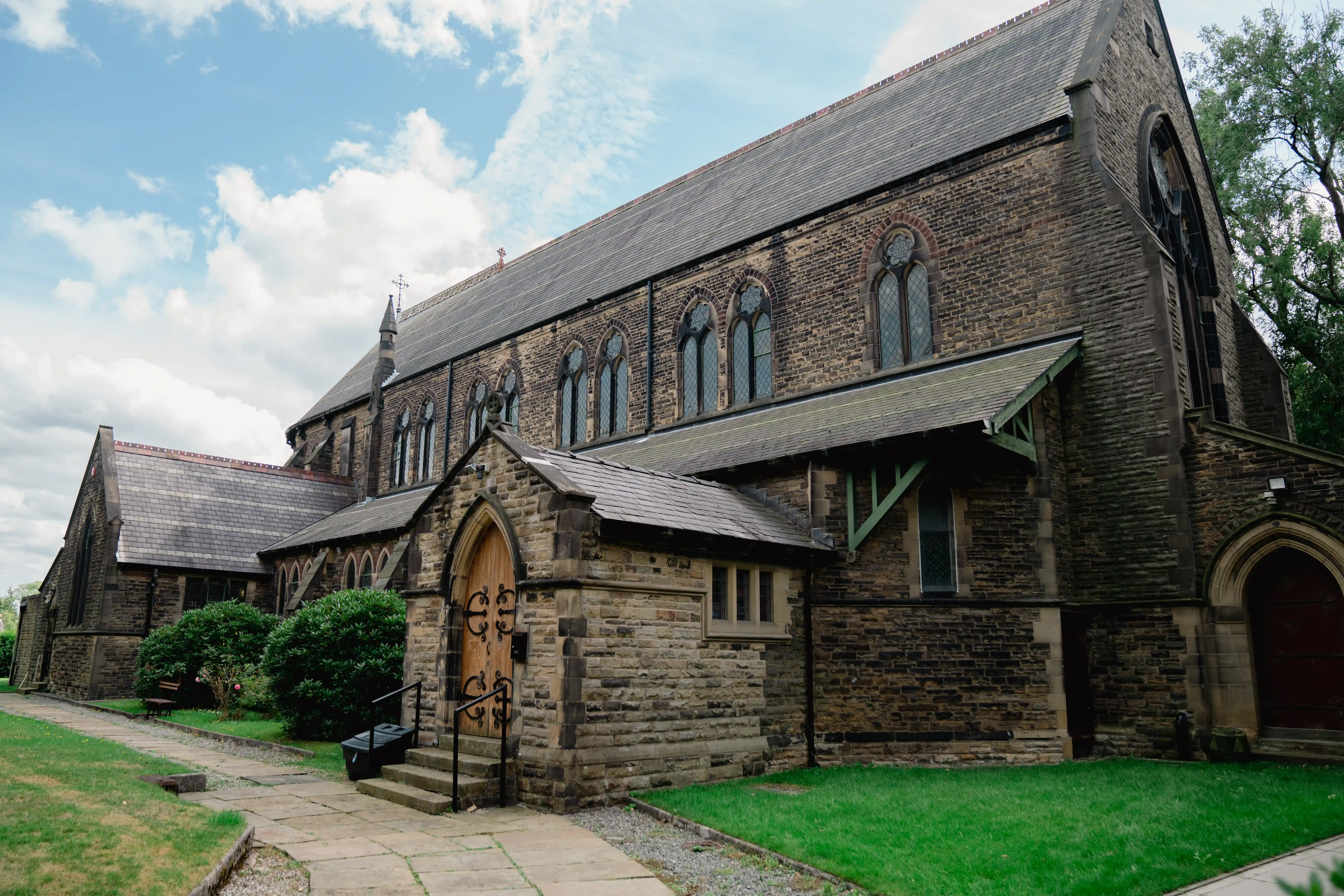
FOR CLERGY
Property
The Property Department is responsible for the inspection, repair and maintenance, acquisition and disposal of all parsonages in the diocese.
The department has completed major improvements on many parsonages and provided advice to occupiers on property-related matters.
Through an ongoing programme of improvement, the vast majority of vicarages now have loft and cavity insulation, as well as energy-efficient boilers. We strive to keep maintenance costs down and encourage competitive tendering to achieve this. Contractors work to a Code of Practice and we monitor their work carefully.
Every effort is made to ensure our properties are kept in a good state of repair. Ongoing maintenance includes an annual gas safety inspection and a quinquennial electrical inspection. The refurbishment and improvement of houses is, whenever possible, undertaken during vacancies, and is organised in conjunction with the incoming occupants and churchwardens.
Here, clergy (and some other office‐holders) and their families, as well as churchwardens, parochial church councils and architects, can find information on occupying and caring for parsonages in our diocese.
Contact the Property Team at: property@manchester.anglican.org





